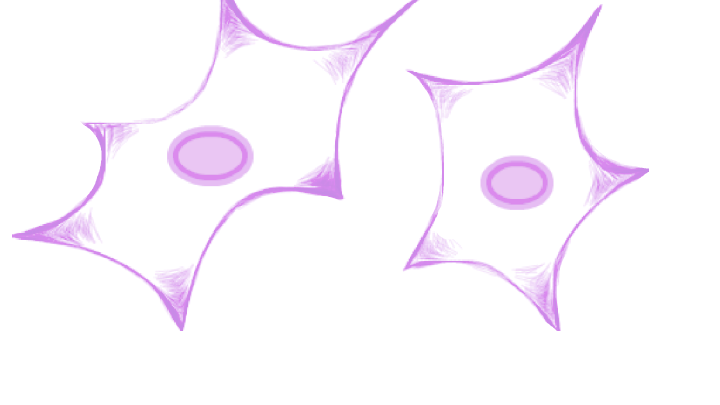Cell Senescence Entries for PRODH
- Cell Types
- Foreskin fibroblast, Osteosarcoma
- Cell Lines
- HS68, U2OS
- Cancer Cell?
- Yes
- Method
- Overexpression
- Type of senescence
- Unclear
- Senescence Effect
- Induces
- Primary Reference
- Nagano et al. (2018) Identification of cellular senescence-specific genes by comparative transcriptomics. Sci Rep 6(2)31758 (PubMed)
PRODH Gene Information
- HGNC symbol
- PRODH
- Aliases
- HSPOX2; PIG6; PRODH1; PRODH2; TP53I6
- Common name
- proline dehydrogenase 1
- Entrez Id
- 5625
- Description
- This gene encodes a mitochondrial protein that catalyzes the first step in proline degradation. Mutations in this gene are associated with hyperprolinemia type 1 and susceptibility to schizophrenia 4 (SCZD4). This gene is located on chromosome 22q11.21, a region which has also been associated with the contiguous gene deletion syndromes, DiGeorge and CATCH22. Alternatively spliced transcript variants encoding different isoforms have been found for this gene. [provided by RefSeq, Aug 2010].
PRODH Ontologies
- Gene Ontology
-
Process: GO:6560; proline metabolic process
GO:6562; proline catabolic process
GO:10133; proline catabolic process to glutamate
GO:8631; intrinsic apoptotic signaling pathway in response to oxidative stress
GO:10942; positive regulation of cell death
GO:19470; 4-hydroxyproline catabolic process
Cellular component: GO:43231; intracellular membrane-bounded organelle
GO:5654; nucleoplasm
GO:5739; mitochondrion
GO:5759; mitochondrial matrix
GO:5743; mitochondrial inner membrane
Show all GO termsFunction: GO:16491; oxidoreductase activity
GO:4657; proline dehydrogenase activity
GO:71949; FAD binding
Homologs of PRODH in Model Organisms
- Caenorhabditis elegans
- B0513.5
- Danio rerio
- LOC100537991
- Drosophila melanogaster
- slgA
- Mus musculus
- Prodh
- Rattus norvegicus
- Prodh
External links
- OMIM
- 606810
- Ensembl
- ENSG00000100033
- Entrez Gene
- 5625
- UniGene
- 517352
- 1000 Genomes
- 1000 Genomes
- HPRD
- GenAtlas
- PRODH
- GeneCards
- PRODH
